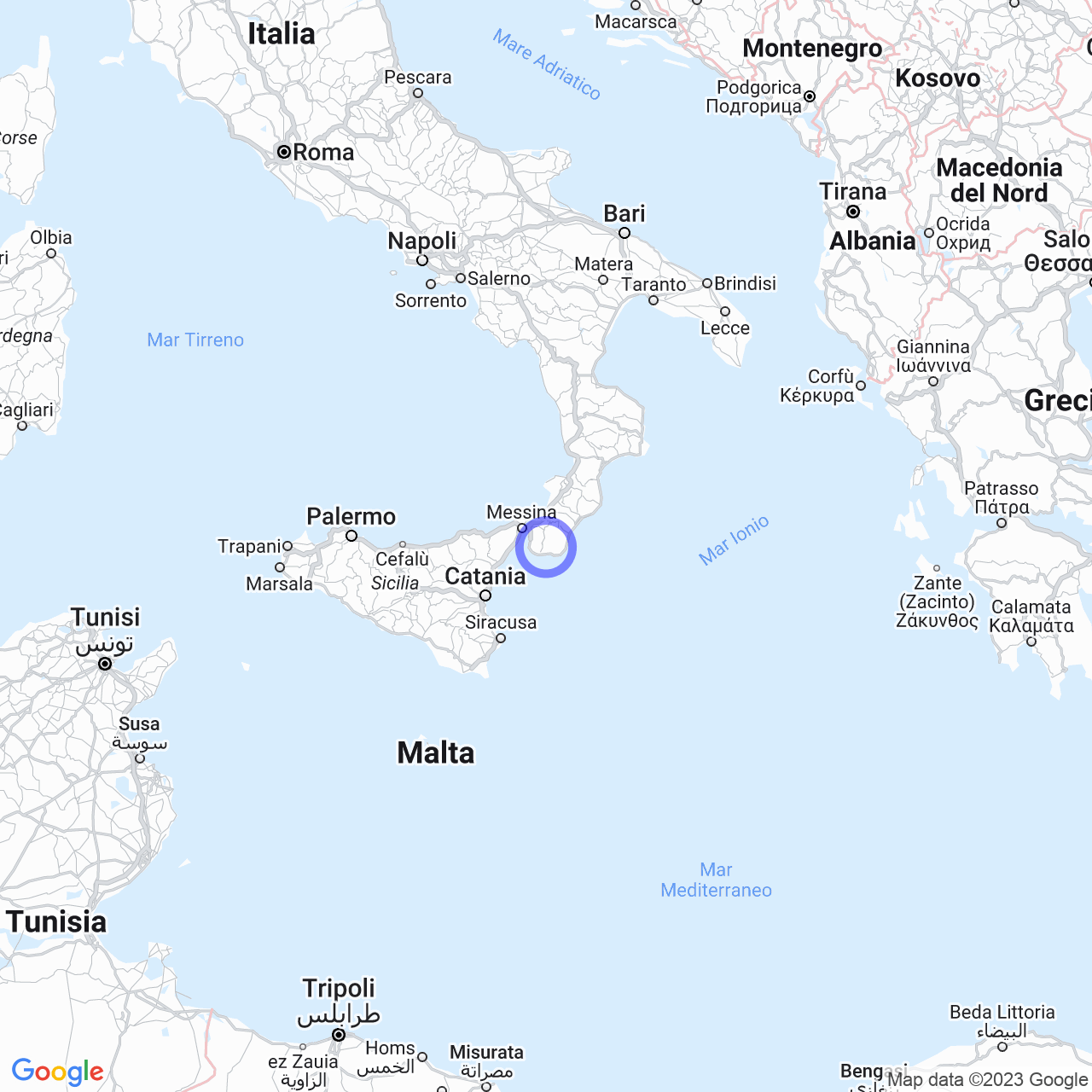Condofuri
The Greek-Calabrian dialect: a minority language
The Greek-Calabrian or Grecanic dialect belongs to the Greek linguistic island of Italy along with Grecìa Salentina. This dialect is spoken in the metropolitan city of Reggio Calabria, in Calabria, and is considered a minority language. Although the number of speakers is uncertain, it is estimated to range from 500 to 2,000.
The history of the Greek-Calabrian dialect
The Greek-Calabrian dialect was spoken throughout southern Calabria until the 15th-16th centuries, when it began to be replaced by the Romance dialect. However, Grecanic had a significant influence on grammar and many vocabulary words of the Romance dialect (in the 18th century, the Calabrian dialect still had many Greekisms).
Even during the Angevin period, the Greek language was used in a vast area comprising Seminara, Taurianova, the Mésima valley and the Monte Poro plateau, characterized by dialects, toponyms and folkloric forms. Over time, Greek began to gradually disappear from some Calabrian areas from the 16th century onwards.
Towards the middle of the 16th century, the Greek language had been eliminated in the Petrace basin, particularly in the high valleys of Duverso and Tasi. In the following century, the regressive phenomenon affected certain valleys on the western side of Aspromonte overlooking the Strait of Messina.
During the 19th century, the loss of the ancient language affected towns such as Pentedattilo, Africo, Brancaleone, Motta San Giovanni, Montebello Ionico and San Lorenzo, areas of the Ionian side of Aspromonte. In the first decades of the 20th century, the regressive phenomenon affected the municipalities of Palizzi, Staiti, Cardeto, Roccaforte del Greco, Amendolea and Condofuri.
During fascism, linguistic minorities, including the linguistic community of Greek in Calabria, were opposed. The use of languages other than Italian, therefore considered dialects, was regarded by the speakers themselves as a symbol of backwardness and teachers punished those students who were caught speaking a dialect instead of Italian in class.

The revival of the Greek-Calabrian dialect
For many years, the Hellenophones of Calabria remained in obscurity. Even in Greece, their existence was ignored. The rekindling of attention to this linguistic phenomenon is due to the pioneering work of German glottologist and philologist Gerhard Rohlfs, who contributed greatly to the safeguarding of the language. In his honor, the city of Bova has set up a multimedia exhibition entitled "Calabria contadina nelle immagini di Gerhard Rohlfs", curated by Antonio Panzarella since 2012.
The cultural value of the Greek-Calabrian dialect
The Greek-Calabrian dialect is a precious cultural heritage of the region. its preservation and promotion are fundamental to preserve the roots and history of this land.
In recent years, many initiatives have sought to enhance the value of Grecanic. For example, in 2016, the Calabria Region established "Greek-Calabrian Day" to celebrate the Hellenic language and culture of southern Italy.
In addition, the Ellenismo Calabria association promotes the use of the Greek-Calabrian dialect through cultural events and initiatives. In 2019, the first Grecanico Festival was also held in Bova, the main Greek urban center in the region.
Conclusions
The Greek-Calabrian or Grecanic dialect is a valuable cultural heritage of the region. Its conservation, diffusion and promotion are fundamental to preserve the history and identity of the Hellenic community of southern Italy. Thanks to enhancement initiatives, we hope that this language can be passed down to future generations and continue to be a distinctive element of Calabria.
